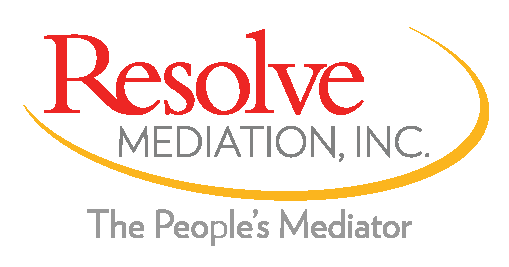 What is the role of your CAM (Community Association Manger) versus that of your Association Board? Ask any homeowner or Board Member what they think the role of the CAM is and undoubtedly based on how many people were asked you will get that number in different answers!
What is the role of your CAM (Community Association Manger) versus that of your Association Board? Ask any homeowner or Board Member what they think the role of the CAM is and undoubtedly based on how many people were asked you will get that number in different answers!
If you live in a community association in accordance with the governing documents and provisions of the by-laws of the association, the Board of Directors are voted in by the residents and tasked with the responsibility of the day-to-day management and administration of the community. These duties are divided and overseen by Board members. For example, the President is the mouthpiece of the board and as many presidents are he or she is the head administrator. The President oversees enforcement of the governing documents and the management of the community. The Vice-President will act in the President’s absence and typically chairs committees. Similarly the Secretary is tasked with records maintenance including taking minutes at board and association meetings and the Treasurer is charged with overseeing collection and disbursement of funds, collecting dues and paying vendors, etc. Then you have committees overseeing landscape, security, architecture and many other aspects of running the association. All duties and responsibilities of the Board will be defined within the governing documents of the community and will vary from what is briefly presented here as an overview.
Overall it is the responsibility of the Board to run the organization, just as you would any business. Although Board members are volunteers they can be sanctioned for violating the rules that govern them. Board members are not compensated in any way unless otherwise dictated by the governing documents.
If you have a Board of Directors overseeing these operations then why would the community need a Manager?
Some state laws offer clear language on the licensing of Community Association Managers and management firms alike. While some communities may run smoothly with a Board handling all business constructively and successfully, some communities function, or malfunction, with discourse, unreliable and dishonest boards. Additionally the community may be comprised of hundreds of home sites or units and require full time management. Communities such as these would profit from hiring a management firm.
The Community Association Manager (CAM) oversees the day-to-day functions of the community. CAM’s negotiate vendor contracts, keep abreast of local and state laws that govern association living, maintain records of the association, send notice of meetings, contract with landscapers and vendors to preserve the common elements, respond to emergency situations and advise and assist the Board when needed. While it appears the CAM fills the shoes of the Board, there are limitations to their responsibilities.
CAM’s cannot advise the Board or association members on legal issues. By doing so the CAM is practicing law without a license and can be sanctioned or lose their license for doing so. It may or may not be the CAM’s responsibility to answer to member disputes or concerns of owners and direct those issues to be handled by the Board. With varying types of communities, a CAM may or may not live on site. The CAM’s responsibilities will be laid out in the contract entered between the CAM or community association firm and the Board.
There are a plethora of community association management companies worldwide. While hiring a CAM may be in the best interest of your community it is always wise to shop around, ask other communities about their experiences with CAM’s and community association firms. It is best practice to hire an attorney who specializes in Condo and HOA law to counsel, guide and assist your Board should this option be right for your association.


